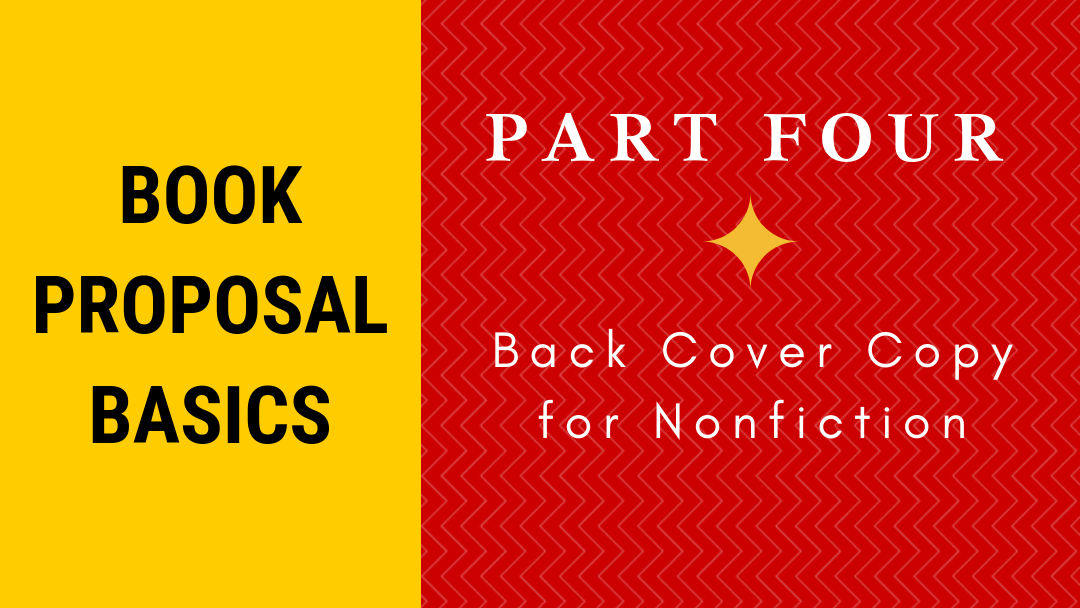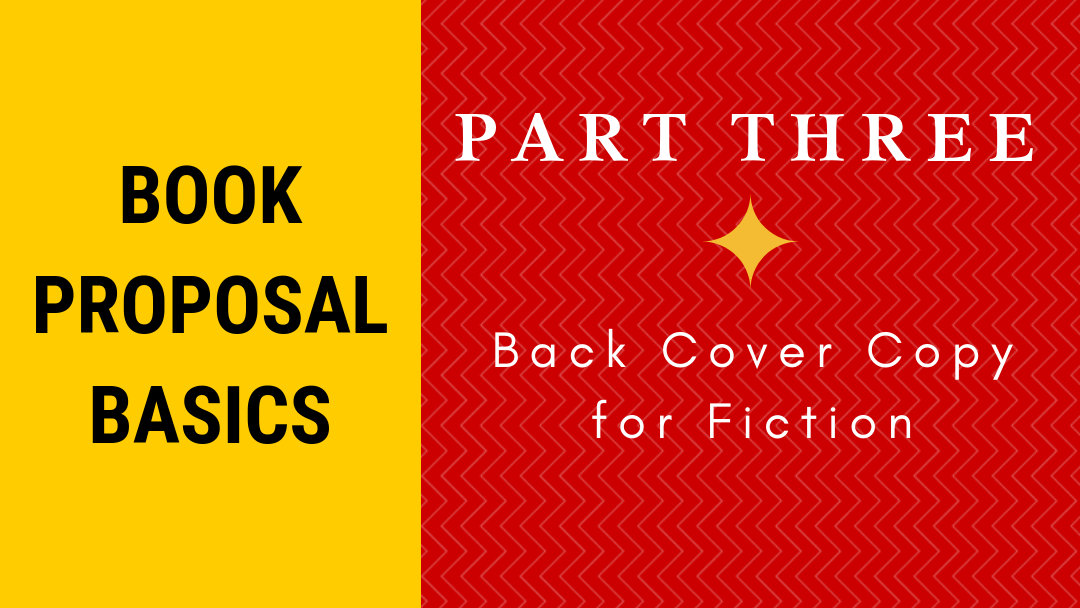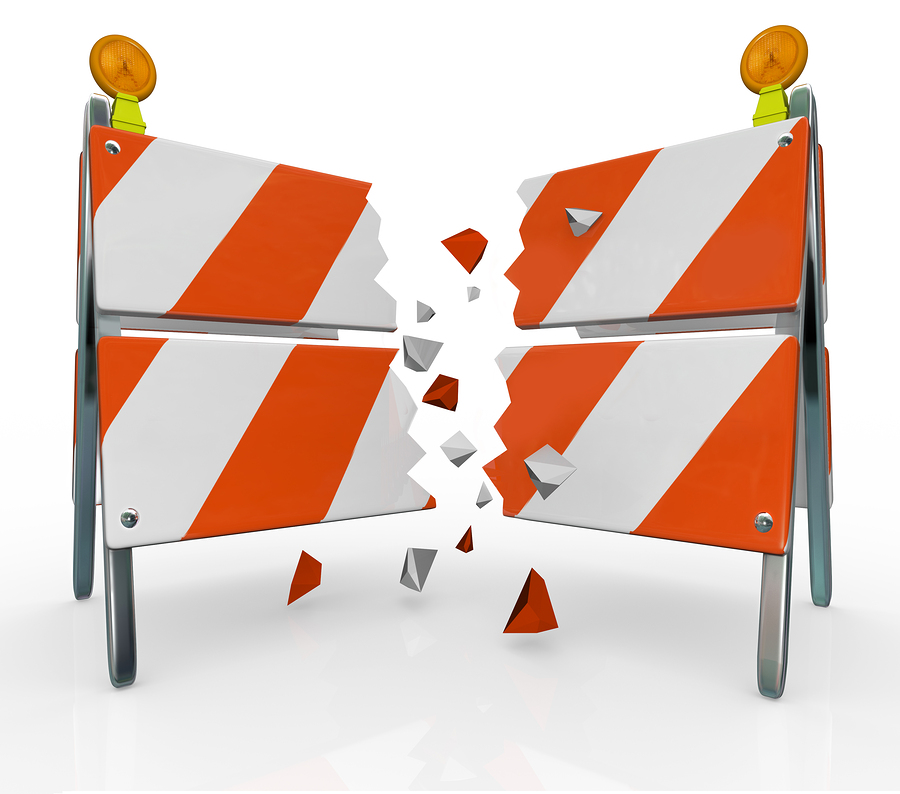How to Get Unstuck With Your Writing Career
You can listen to this episode 020 How to Get Unstuck With Your Writing Career on Christian Publishing Show.
How to Get Unstuck With Your Writing Career
You can listen to this episode 020 How to Get Unstuck With Your Writing Career on Christian Publishing Show.

[/caption]
I've written about rejection before and yet it is a topic that continues to fascinate.
Recently Adrienne Crezo did an article on famous authors and their worst rejection letters. I thought you might enjoy reading a couple highlights of that article and some additional stories I have collected over the years.
George Orwell's Animal Farm was rejected by Alfred Knopf saying it …

For those among the thousands who were snookered by my April Fool’s Day post last week, imagine if your 4th grade teacher gave you a spelling test like the one in this video. It would have been fun if he had thrown in a real word like floccinaucinihilipilification. The word’s definition is “the action or habit of estimating something as worthless” – sort of like this …

Last week we talked about writing back-cover copy for fiction. As you can imagine, writing back-cover copy for nonfiction is a different exercise. The purpose here is not to hook your reader into wanting to read a story, but to show the reader why your book will be helpful specifically to him. The nonfiction reader is not looking to escape reality, but to make her life better. Life can be made …

One attribute of good writers is an eye for detail. Whether you’re writing fiction or nonfiction, relating relevant and memorable details can make your writing sing like a soprano at the opera. Like Nero Wolfe’s love for the Phalaenopsis Aphrodite orchid or Wendell Berry’s onomatopoeic depiction of the “good, good, good” sound of men drinking from a moonshine whiskey jug in Jayber Crow. But …

How can authors build a tribe of raving fans? To help us answer this question, today we will be talking with Alice Crider the Editorial Director at David C Cook. Alice has done this as an author, agent, and editor. So Alice, what does it mean to build a tribe? Questions: Let’s talk about building a tribe, what does it mean to build a tribe? What are some of the biggest challenges authors face when …
How to Build a Tribe
You can listen to this episode 019 How to Build a Tribe on Christian Publishing Show.

Gene Kelly was a master of dance. But this scene from “It’s Always Fair Weather” takes the cake. While the song lyrics are rather lame, the dancing on roller skates, beginning at the 2:09 mark, is pretty incredible. Warning: Don’t Try This at Home.

This section is literally what the reader will see on the back cover, before purchasing the book. This copy is a useful sales tool whether the reader is perusing your book in person or on the internet, so I recommend honing this section. Since the text should be no more than what can appear on the back of a book cover, tight writing is essential. Here is a basic outline I just wrote for a romance …

As a rule, writers should have a good grasp of the rules. Rules of grammar. Style. Usage. And the fundamental rule that you never walk the out man. Oh, wait, that’s baseball. It’s a good rule, though. As a writer and an editor, I like the rules. Most of the time, they make perfect sense because they make things easier and clearer for the reader, which is one of the keys to good style. For example, …

